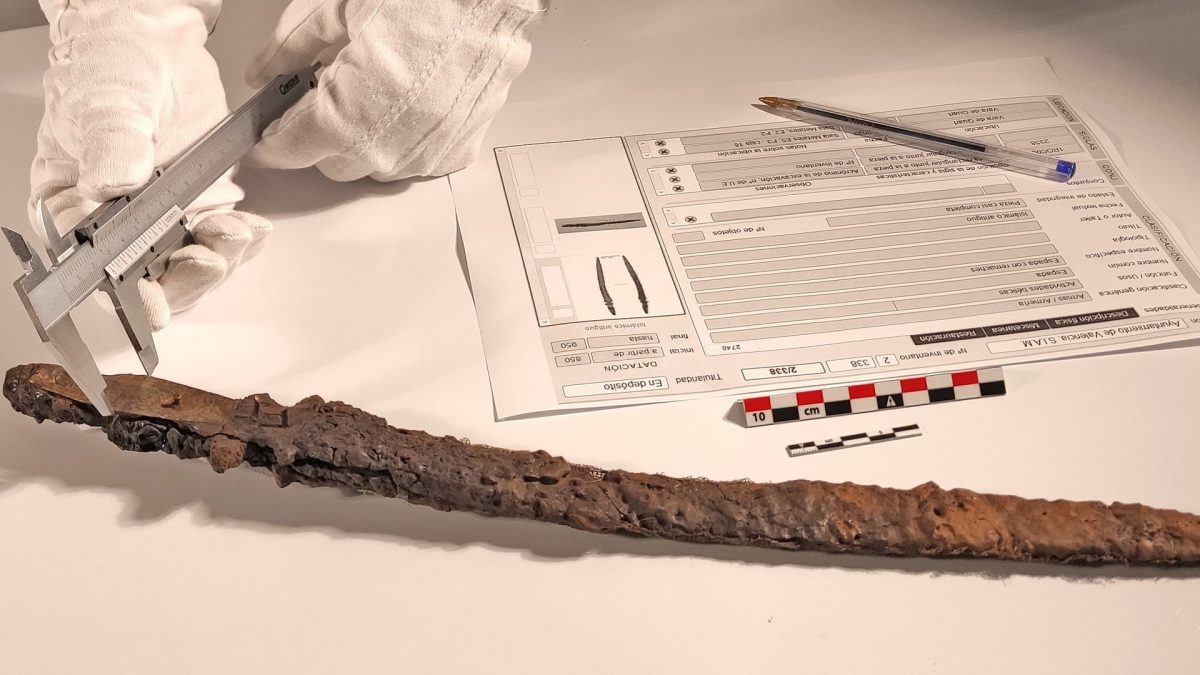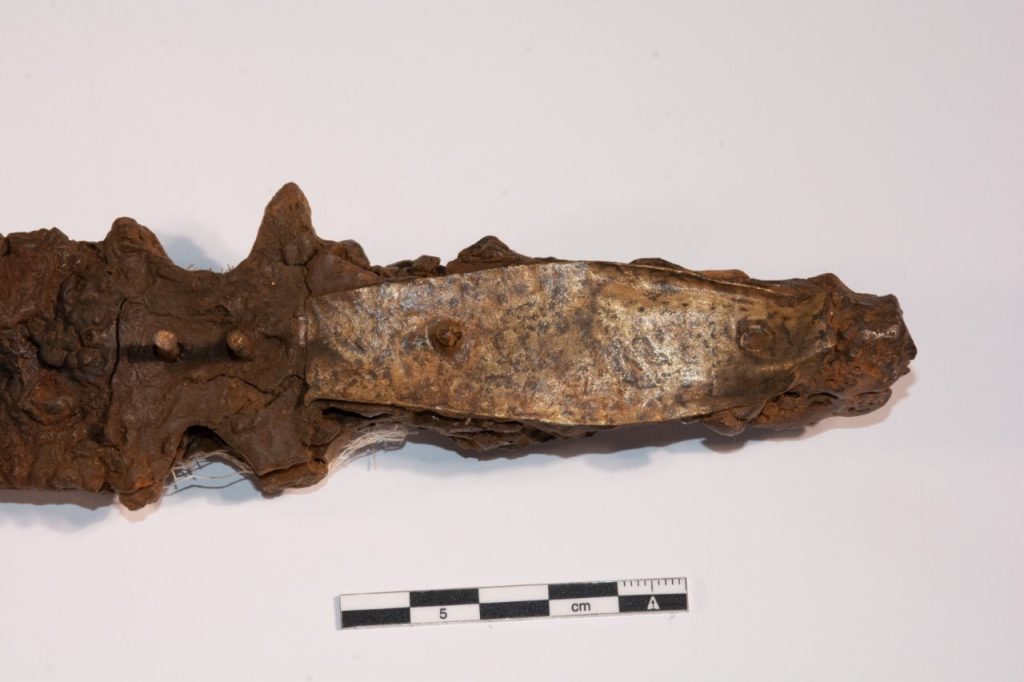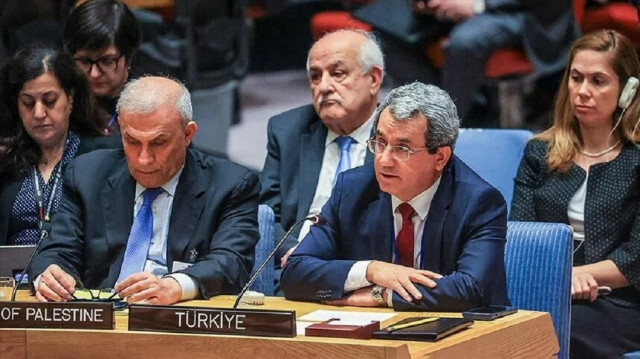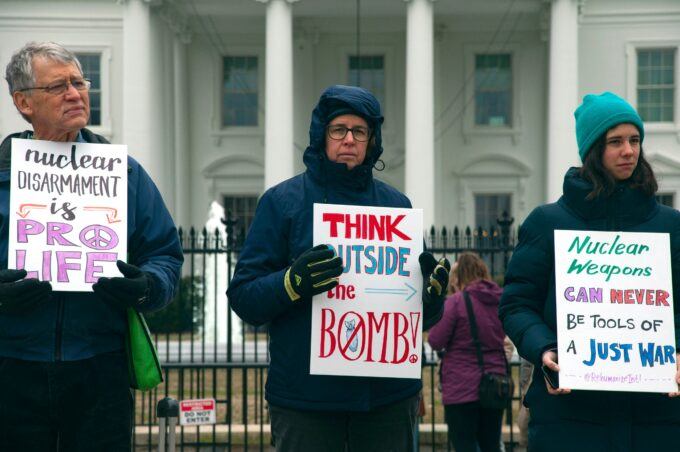‘Conspiracy’ school teaching pupils ‘we’ll be eating bugs after the Great Reset’
Gergana Krasteva

Dinosaurs never existed; viruses are not real; vapour from planes in the sky causes dementia and crystals could cure serious illness – these are just some of the conspiracy theories staff at a school in Manchester allegedly believe.
Universallkidz was set up in October 2020 to ‘de-indoctrinate’ children from ‘the lies’ that they are taught by ‘the system’.
Ladan Ratcliffe, who worked as a teacher in Greater Manchester for more than 20 years, got the idea during an anti-lockdown rally.
Her team – made up of other former teachers and even a cryptocurrency trader – are now teaching pupils, aged between eight and 14, about homeopathy and moon cycles.
An undercover investigation by The Times shows what Universallkidz considers curriculum.
Classes were held in a tumble-down Victorian mansion, which had until recently been a nightclub.
In the hallway, leaflets were left lying around that stated that Covid-19 vaccines, climate science and 5G were all means by which the government is trying to subjugate the population.
The leaflets concluded: ‘Resist! Defy! Do not comply!’
Another conspiracy theory being embraced by staff – perhaps the most concerning of all – is that the government is in a league with organisations such as the World Economic Forum (WEF) and wealthy businessmen, who are covertly working to depopulate and enslave the world.
It is a conspiracy known as the ‘great reset theory’, which gained great popularity during the pandemic.
One teacher allegedly told children that they would one day be eating cockroaches if ‘Klaus [Schwab, head of the WEF] and [Bill] Gates have their way’.
It is reported that Universallkidz goes to great lengths to conceal its activities. On its website, it describes itself as a provider of ‘holistic alternative education’ that seeks to raise ‘autonomous’ and ‘sovereign’ young people.
To education officials who might come asking questions, it presents as a support for home schooling parents.
It is understood that parents pay £30 a day for tuition.
Ms Ratcliffe helps them to remove their children from mainstream state education and then encourages them to lie to local authorities by claiming that they are now home educated, the newspaper warned.
The school operates four days a week from 10am to 3.30pm. Not all the children go every day, but most go at least three days a week.
One of the incidents that The Times detailed during the investigation is how one of the teachers allegedly tried to dupe the students – but some of them did not buy it.
During one of the lessons, a teacher told the children that human energy is linked to the subconscious and that when we lie our energy stops flowing.
To demonstrate this, she asked the reporter working undercover as a teacher to say ‘I am Tom; while she applied downward force on his hand.
His arm dropped an inch. But then sheasked him to say ‘I am Maggie’, pressing down again.
This time though, she pushed much harder and his arm dropped much lower. But the students were not fooled.
In response to the Times findings, Ofsted has started an urgent investigation into Universallkidz.
Metro.co.uk has contacted the institution for a comment.










